How women helped shape Halloween history with 2000-year-old traditions
Women have long played an important role in the spooky autumn festival
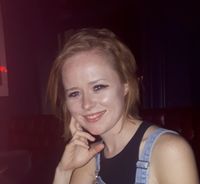
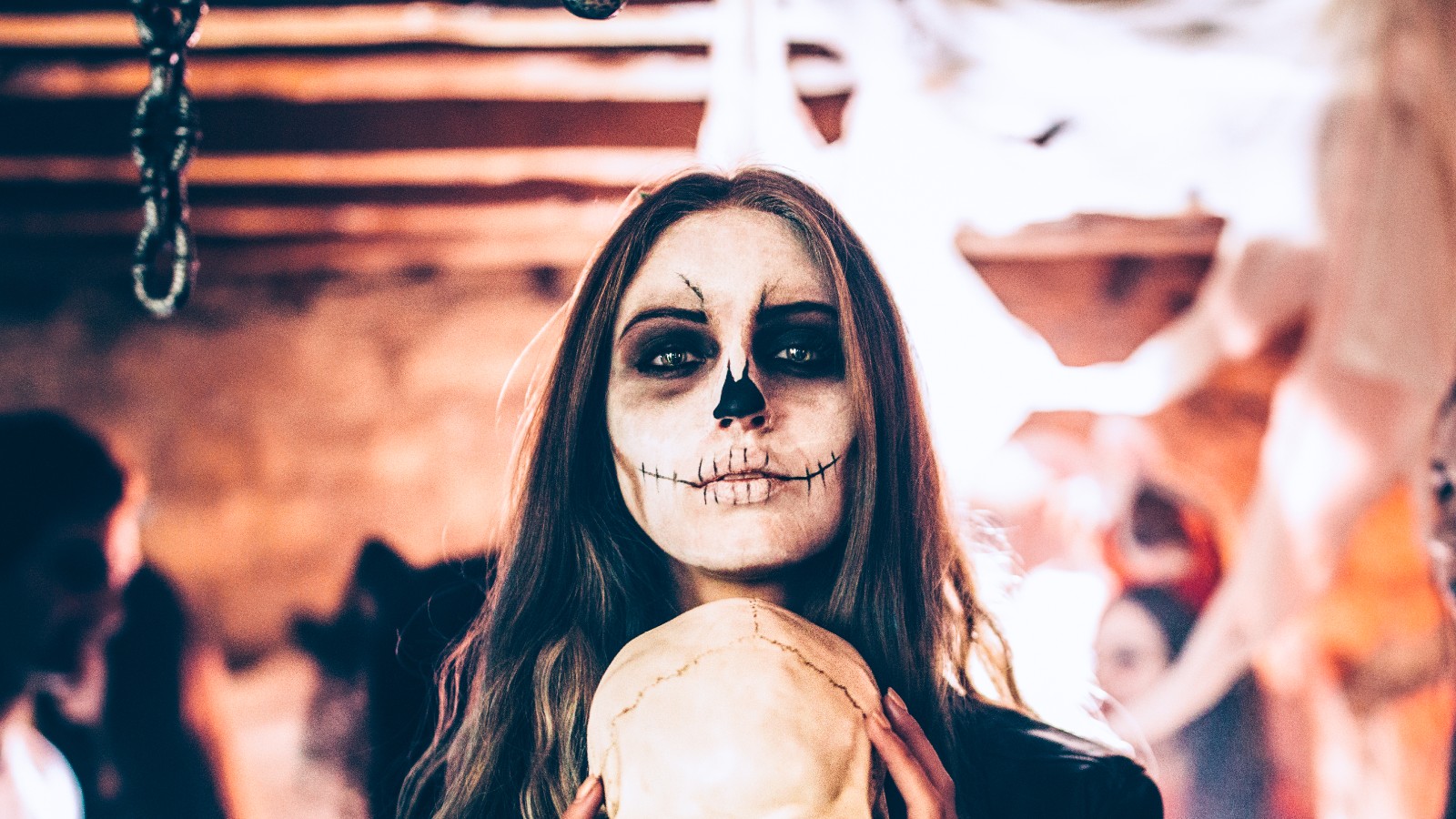
With Halloween creeping up faster than we can say Trick or Treat, it's time to refresh our knowledge on the spooky festival—and how women played an important role in making it what is today.
Halloween—or All Hallows' Eve, if you're historically inclined—is just over a month away, and we're already excited. The ancient celebration marks the official end of the warmer months (sigh) and the beginning of winter—a.k.a., the season of binging on the best fall Netflix shows and chugging down Starbucks Pumpkin Spice lattes.
But before we nip out to stock up on candy and costumes, we thought we'd take a minute to do a bit of revision on this longstanding tradition—how it started, who invented it, and of course, the role of women in shaping its historic practices.
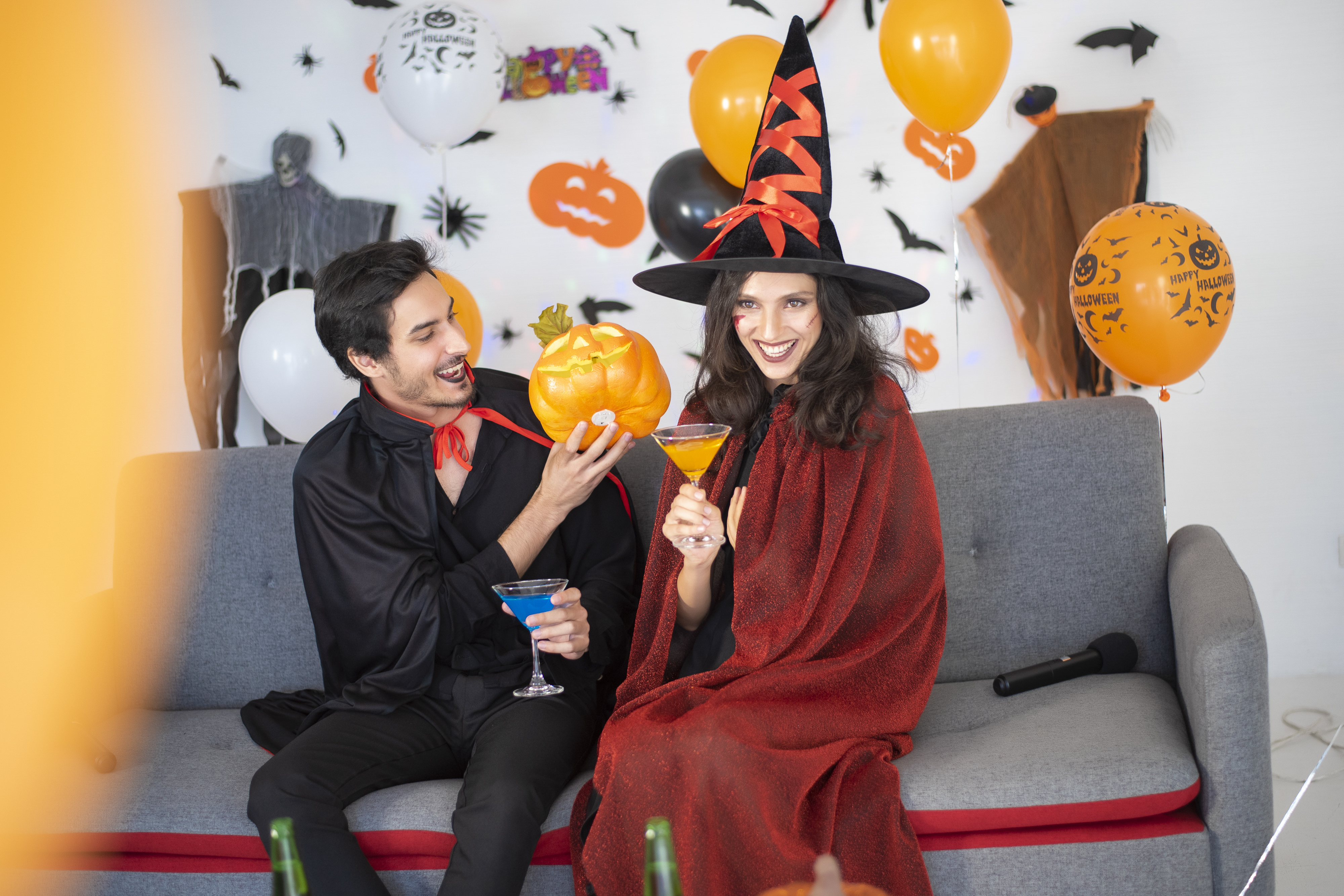
How did Halloween start and why?
Halloween's exact date of birth remains unknown, but scholarly consensus tends to accept it's about 2,000 years old. It all began with a little something known as Samhain (pronounced sow-in), a Celtic festival in Ireland that celebrated the end of the harvest and the beginning of the new year.
During this occasion, which lasted from 31 October to 1 November, people believed that the physical barriers between the natural and the supernatural world dissolved—allowing for a brief window of communication with spiritual forces. The Celts, wary of the spirits' motives, would often leave food and drink out to deter them from kidnapping their livestock. The ancient farmers would also sometimes wear monster or animal costumes to frighten the mystic creatures off their land (hence the modern tradition of dressing up!)
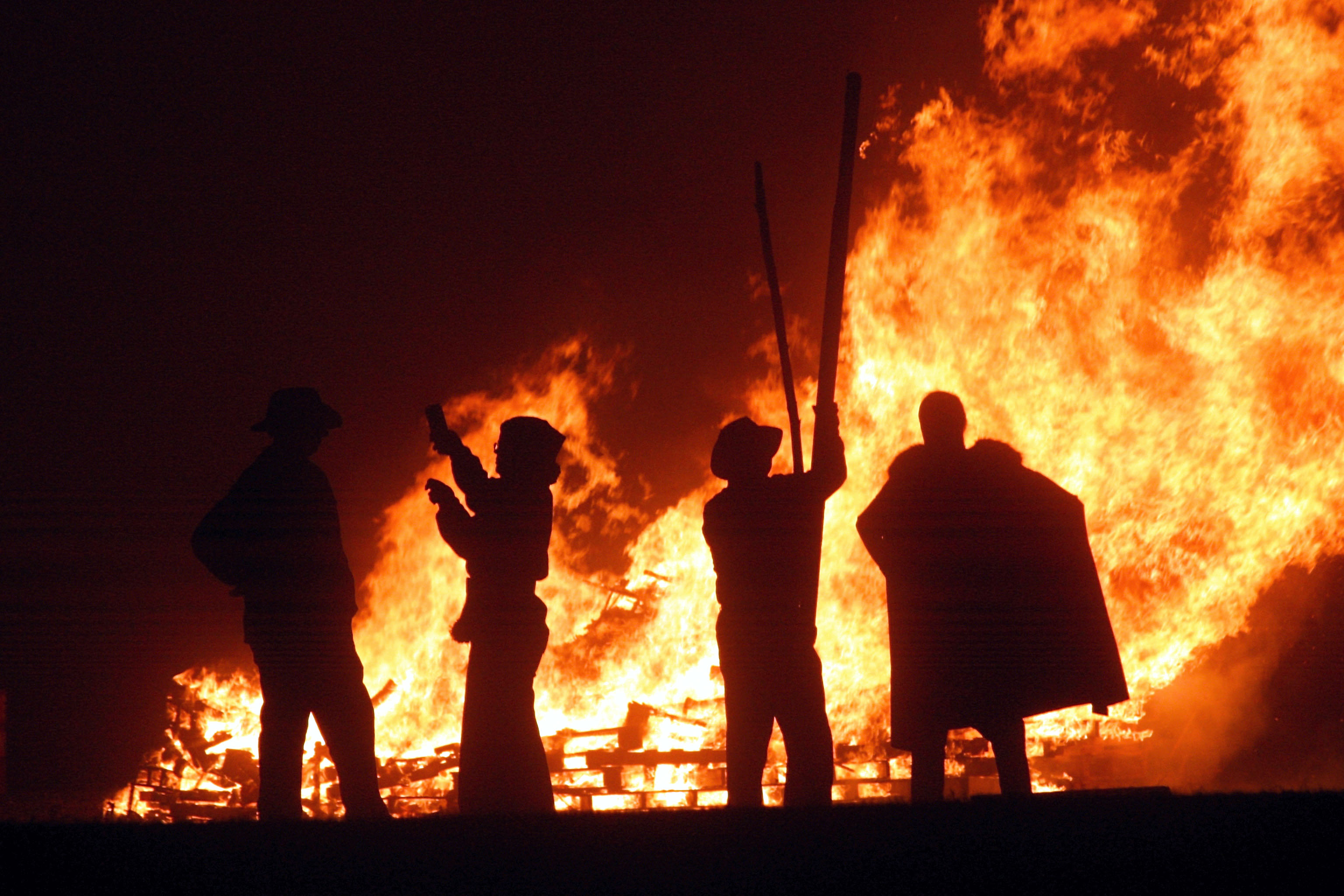
Another ritual that has survived to this day is the lighting of bonfires. People would create large blazes, known as Samghnagans, to scare ghosts and other supernatural forces back to their native realms.
Who invented Halloween?
No individual person 'invented' Halloween, per se. Like we spoke about before, it began as the Celtic festival of Samhain over 2,000 years ago and continues to be celebrated to this day. However, it has evolved in both name and practice since its ancient origins—and there's one person, in particular, we can thank for that.
Sign up to our free daily email for the latest royal and entertainment news, interesting opinion, expert advice on styling and beauty trends, and no-nonsense guides to the health and wellness questions you want answered.
In the eighth century, Pope Gregory III dedicated a chapel in St. Peter's Rome on 1 November to all Christian saints. The night before this special day consequently became known as 'All Hallows' Eve'—deriving from the old English term for holy. With All Hallows' Eve feeling like a bit of a mouthful though, it was later shortened to 'Halloween'—the word we still use today.
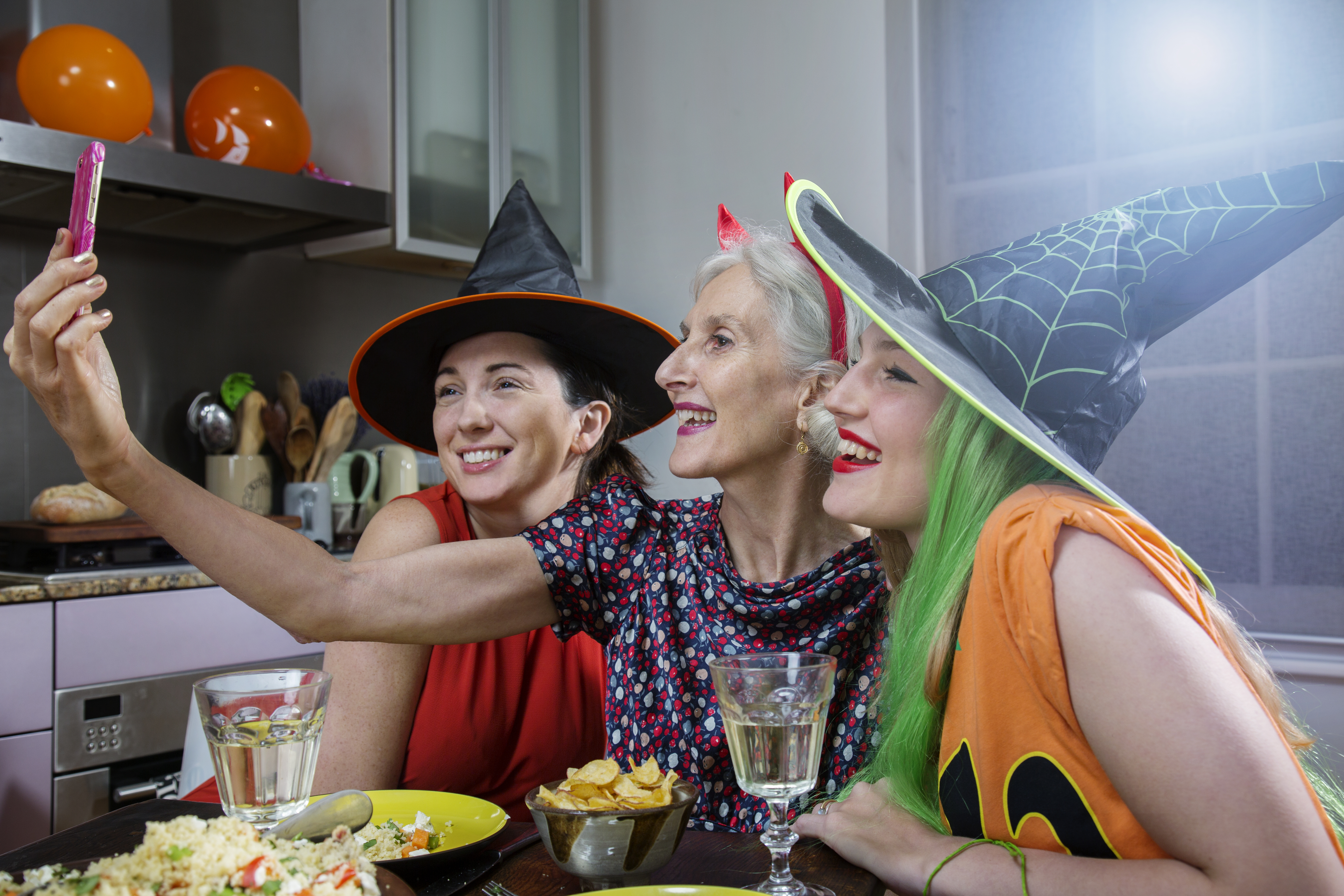
Why do women throw apple peels behind them on Halloween?
Women throw apple peels behind them on Halloween as part of the age-old tradition of apple bobbing—a game many of us played as children without ever questioning its meaning. In ancient times, the apples symbolized the women's potential lovers. After bobbing the fruits out of the water, they would peel their skins and toss them over their shoulders. The shape the shavings made when they landed would—supposedly—indicate their future loved one's initials. How romantic.
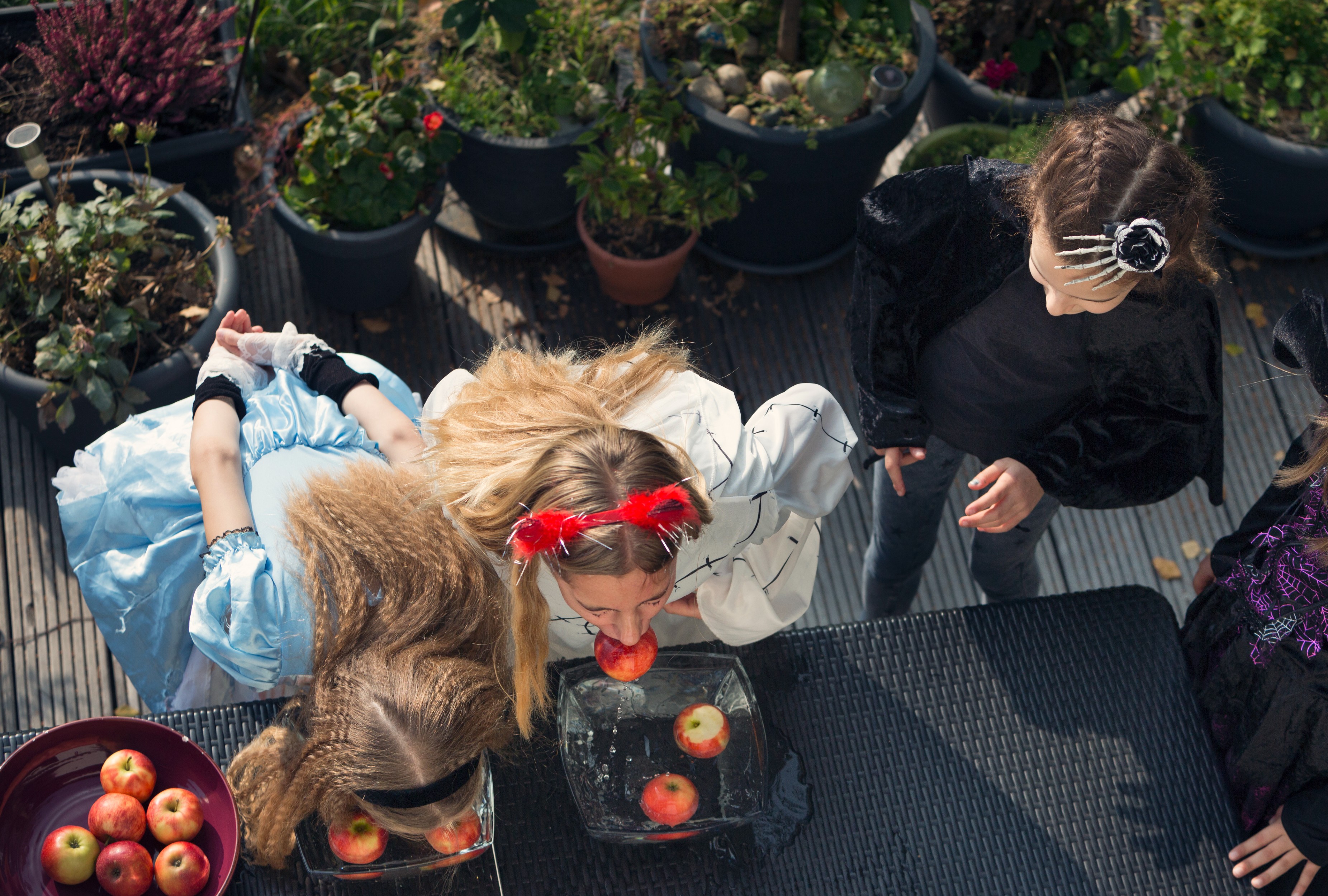
How women shaped the tradition of pumpkin carving
Women are not always given enough credit for the role in popularizing the tradition of carving pumpkins. Often tasked with the household arrangements for Halloween celebrations, women and girls led the way when it came to making the scary orange decorations.
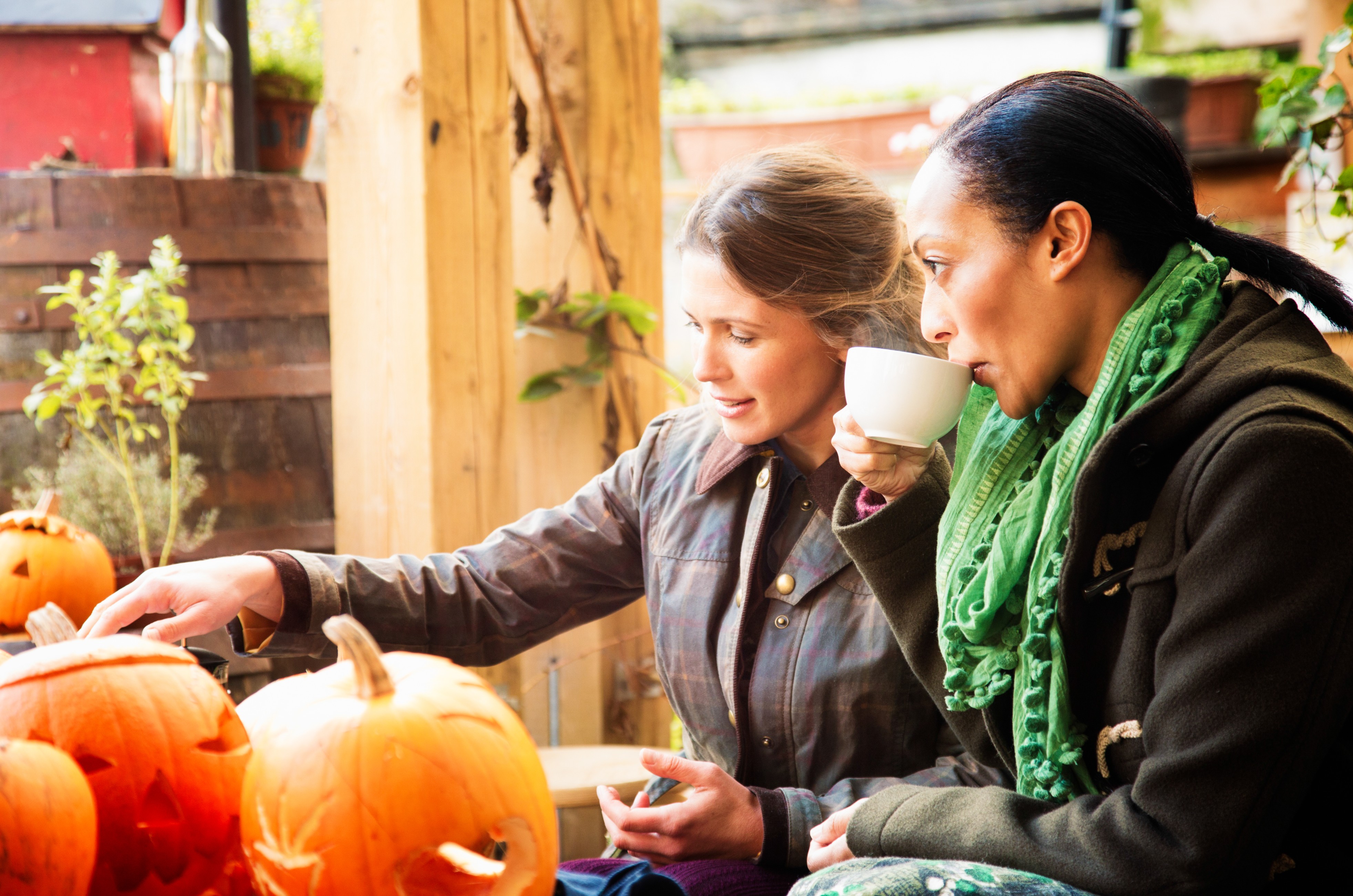
They would hallow them (geddit?) and fill them with sweets, like nuts and fruits, which they would then eat before bed. It was hoped that by following this tradition, a woman's dreams would be filled with images of her future spouse. We love pumpkin carving as much as the next person, but we've got to admit we're pretty relieved this particular part of the tradition has died out.
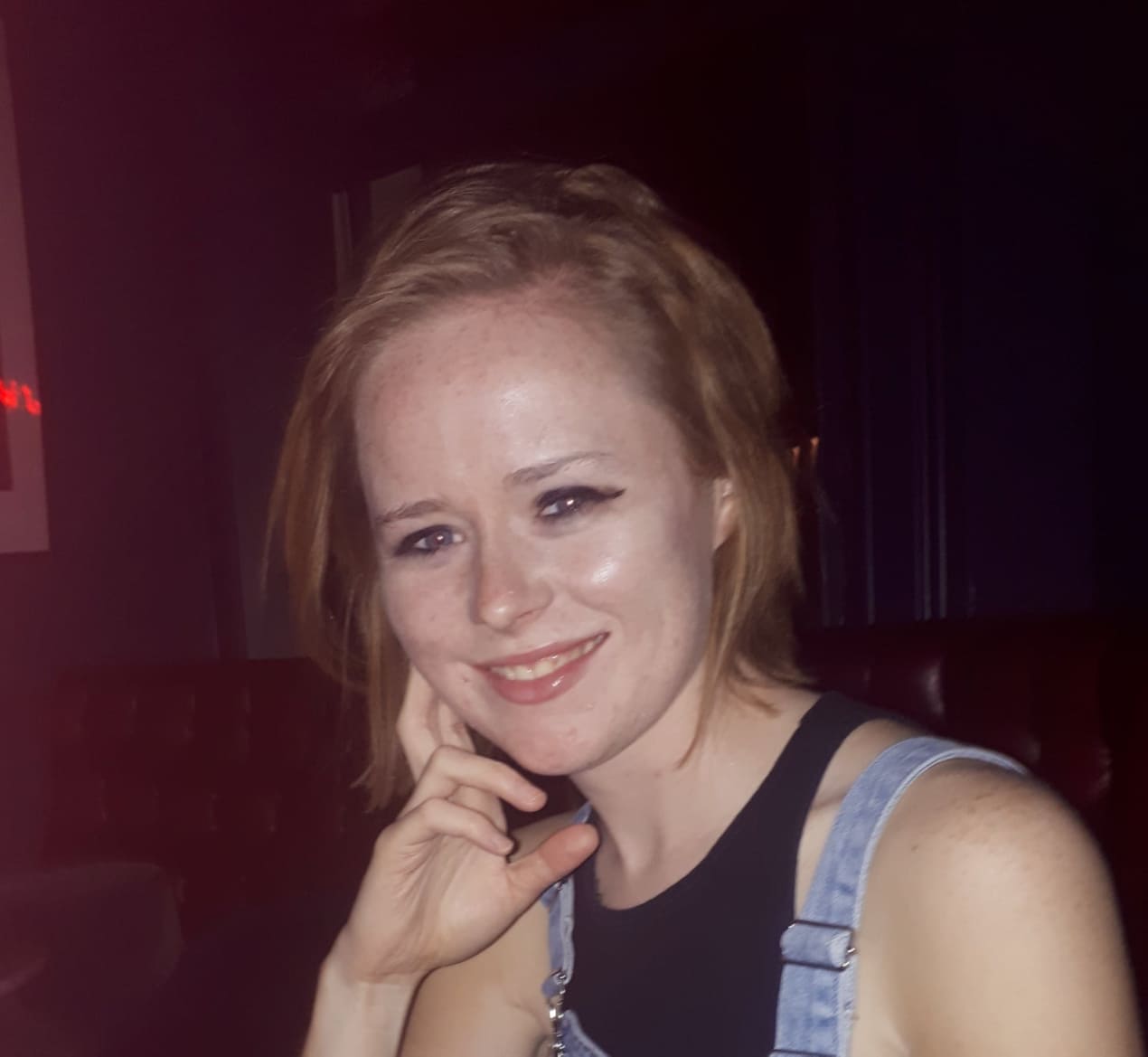
Hailing from the lovely city of Dublin, Emma mainly covers the Royal Family and the entertainment world, as well as the occasional health and wellness feature. Always up for a good conversation, she has a passion for interviewing everyone from A-list celebrities to the local GP - or just about anyone who will chat to her, really.
Emma holds an MA in International Journalism from City, University of London, and a BA in English Literature from Trinity College Dublin.